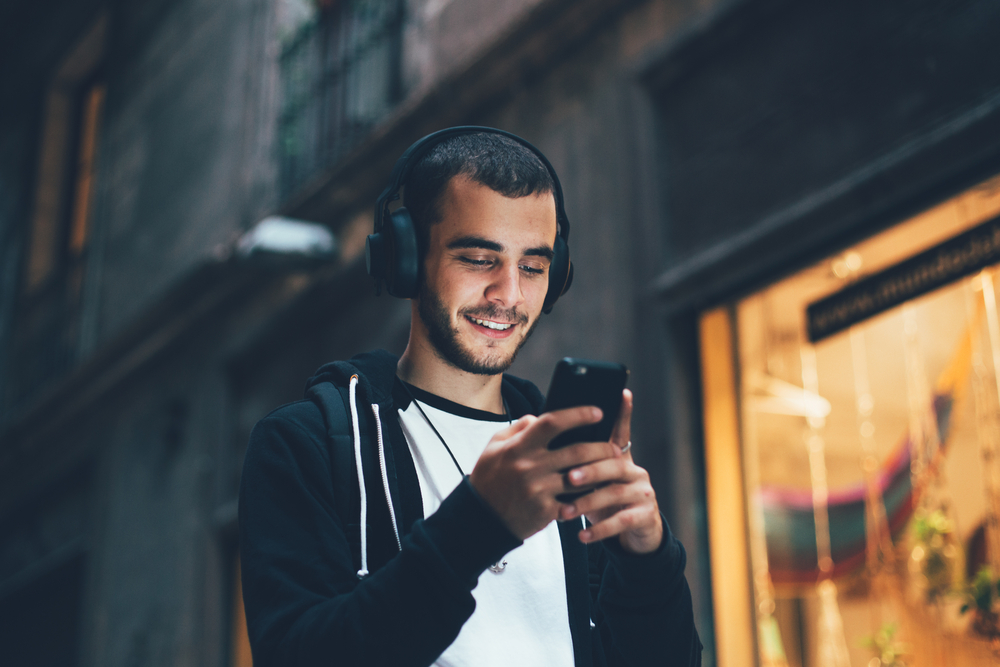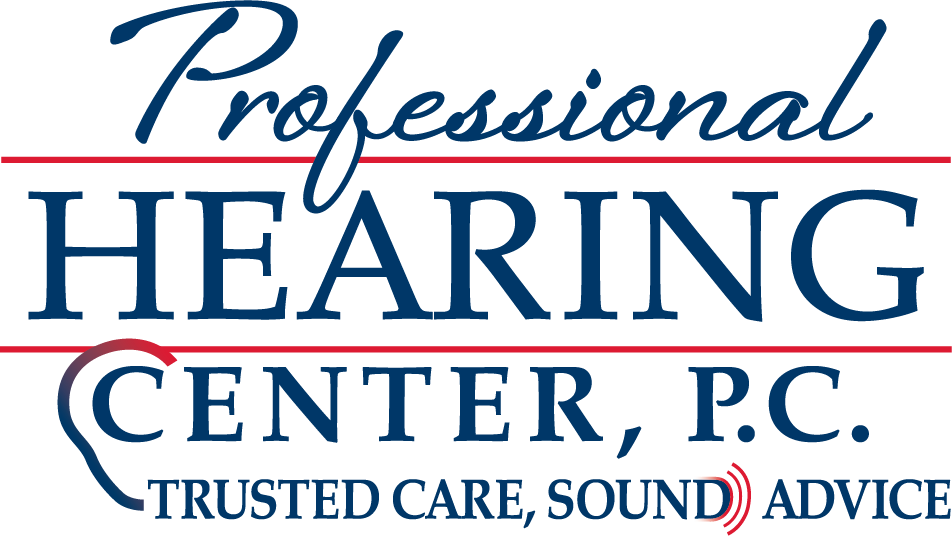
James is a music aficionado who has excelled in the art of incorporating his favorite tunes into his day-to-day life, effortlessly transitioning from Spotify at his desk to Pandora on his runs, and meticulously putting together playlists to beautifully complement every activity, whether he’s pumping iron, whipping up a meal, or immersed in a gaming session. His headphones are his continual partners, converting his life into a completely soundtracked experience. James takes comfort and joy in the captivating realm of music, but the very source of his joy might be harming his cherished ability to hear without him recognizing it.
Regarding our ears, there are both safe and harmful ways to indulge in music. Sadly, many of us tend to gravitate towards the latter.
How does prolonged music exposure result in hearing loss?
Prolonged exposure to loud sounds can lead to a decrease in your auditory ability. We’re used to thinking of hearing loss as a problem associated with growing old, but an increasing amount of research suggests that it’s actually the build-up of noise-related damage that is the concern here and not anything inherent in the process of aging.
Younger people are more sensitive to noise-induced harm as their ears are still in the developmental phase. However, teenagers tend to ignore the potential dangers of excessive noise over time. An increasing amount of young individuals are experiencing hearing loss as a result of frequent use of loud headphones.
Can one listen to music without any safety issues?
Listening to music at full blast without any limitations is the most hazardous approach. But there is a safe(er) way to enjoy your music, and it usually includes turning the volume down. The general guidelines for safe volumes are:
- For Adults: No more than 40 hours of listening on a device, and maintain the volume below 80 dB.
- For Teens and Minors: You can still listen for 40 hours, but keep the volume level lower than 75 dB.
Forty hours per week is about five hours and forty minutes a day. That might seem like a lot, but it can go by relatively quickly. Even still, most individuals have a fairly strong concept of keeping track of time– it’s something we’re trained to do successfully from a very young age.
The more challenging part is keeping track of your volume. On most smart devices, computers, and televisions, volume is not computed in decibels. It’s gauged on some arbitrary scale. Maybe it’s 1-100. But maybe it’s 1-16. You may not have any clue what the max volume on your device is, or how close to the max you are.
Tips for efficiently keeping track of your music volume
To deal with this problem, a number of free noise tracking applications are available for both iPhone and Android devices. These apps supply real-time insights into ambient noise levels, enabling users to calibrate their music volume appropriately.
Because of this, many audiologists recommend utilizing one of the numerous noise level monitoring applications available at no cost. These extensively accessible apps, compatible with both iOS and Android platforms, provide instant sound-level feedback on the ambient noise around you. In this way, you can keep track of the decibel level of your music as it plays and make changes accordingly.
A volume comparison: garbage disposals and more
For instance, a noise level of 80 decibels is comparable to the sound produced by a common garbage disposal or dishwasher – you can hear them, but they won’t blow your ears out. Identifying this standard is crucial, as it represents the limit beyond which auditory damage becomes a substantial danger.
It’s important to exercise increased vigilance when noise levels go above this critical point. Think about decreasing your exposure to exceedingly loud music by listening to certain songs at the highest volume rather than listening to entire albums.
Recurring exposure to elevated volume levels can trigger hearing problems including tinnitus and eventual hearing loss. By being cognizant of when our ears move into the danger zone, we empower ourselves to make educated choices, with the paramount goal of promoting safer listening practices.
Schedule a hearing test
For better prioritization of your hearing health, it is recommended to consult a hearing specialist to schedule a thorough hearing examination. Taking practical actions like regular screenings can pinpoint possible problems at an early stage, enabling quick actions and customized advice to safeguard your valuable hearing.
